Engagement and Advocacy
Founded in 2020 by Professor Dame Sally Davies, the Trinity Challenge is leading on a number of live projects that aim to mitigate antibiotic resistance through research, awareness raising and catalysing action
Youth Competition 2024
We are proud to announce the winners of the AMR Youth Seed Funding Competition, a global initiative that empowers youth-led organisations and youth leaders to address one of the world’s most pressing public health challenges, the antibiotic emergency.
Our first youth competition attracted applications from across the globe: 97 applications from 46 different countries. A panel of expert judges supported us with the selection process, and winners were chosen based on their proposals’ impact, feasibility, and potential to mitigate antimicrobial resistance through awareness raising and behaviour change campaigns.
Meet the winners
The Trinity Challenge is thrilled to be supporting the following projects:
- Bridging Traditions: Co-designing a ‘One Health’ Campaign with Indian Tribal School Children by Integrating Eastern and Western Medicine Philosophies, working with the Society for Socio-Economic and Ecological Development (SEED) in India
- Handwashing Heroes, working with the University of Cuenca and JE Latin America across Ecuador and Guatemala
- JE-RAM Rural Communities, working with the University of Cuenca and JE Latin America across Ecuador and Guatemala
- WASH Away Antimicrobial Resistance, working with the Public Health Research Society in Nepal
- WASH Champions, at the Makerere University Antimicrobial Resistance Club in Uganda
- WASH Heroes: Kids in Action, working with the Infectious Disease Doctors’ Society in Kazakhstan.
- WASH off AMR, working with the One Health and Development Initiative in Nigeria
Thank you to our judges…
We want to thank the judges below for their time and expertise, without their input the competition wouldn’t have been the success it is.
- Siya Verma, Research Assistant at Deliberative Democracy Lab Stanford University
- Taek Yong Kim, Research Assistant at Deliberative Democracy Lab Stanford University
- Augusto Baron, Specialist in Public Health, The Quadripartite Working Group on Youth Engagement for Antimicrobial Resistance (AMR)
- Daniel Waruingi, Capacity Development and Youth Engagement Manager, ReACT Africa
- Randa Ahmed Bazzi, Veterinarian and Specialist in Public Health, The Quadripartite Working Group on Youth Engagement for Antimicrobial Resistance (AMR)
- Karina Khatic, Veterinary Student and Trustee Member of the International Veterinary Students’ Association (IVSA), The Quadripartite Working Group on Youth Engagement for Antimicrobial Resistance (AMR)
- Liz Callegari, Director, Black Sands
- Rachel Bloodworth, Director, Black Sands
- Hafeez Hamza, AMR Youth Liaison Officer, Ducit Blue
- Rhian Foley, Senior Advocacy Adviser, Wateraid
- Marc Mendelson, Director and AMR expert, The Trinity Challenge.
“We are excited to see how these campaigns will contribute to the global fight against antimicrobial resistance, I believe there is a central role for the perspective and contribution of young leaders and youth-led organisations in driving meaningful change.” said Dame Sally Davies, Chair and Founder of the Trinity Challenge.
The Trinity Challenge believes that empowering young people to take action is a key step in ensuring a healthier future for all. These projects will help to build awareness, drive solutions, and inspire communities around the world.
Read about the forthcoming Youth Summit and Competition 2025 here.
Resources and Ongoing Engagement
We are happy to recommend a range of resources created through consultation with young people by ReAct and the World Health Organisation. We continue to encourage ongoing participation in AMR-related projects.
Here you can find:
Statements/Manifestos
- WHO Youth Manifesto for UN General Assembly High-Level Meeting on Antimicrobial Resistance
- African Youth Position Statement on Antimicrobial Resistance (AMR) – coordinated by ReAct
Toolkits
- ReAct Campaign Toolkit – material for the global campaign From People to Leaders: Act on AMR NOW!
- Meaningful engagement of patients, survivors and carers in addressing antimicrobial resistance – WHO Taskforce of AMR Survivors
- WHO AMR Educational Toolkit
Youth Summit Recordings
Contact
For more information on the summit outcomes, resources, or to ask questions, feel free to contact Jennie Smith: [email protected]
Funding members
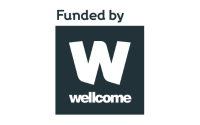
Wellcome
Anchor funding for the Trinity Challenges on Antimicrobial Resistance and Community Access to Effective Antibiotics has been generously provided by Wellcome
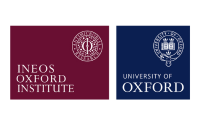
Ineos Oxford Institute for Antimicrobial Research
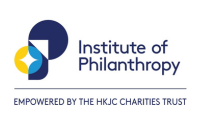
Institute of Philanthropy empowered by the Hong Kong Jockey Club Charities Trust
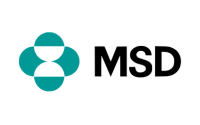
MSD

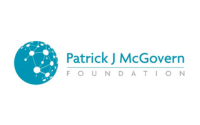
Members
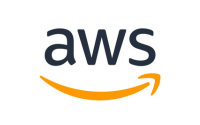
Amazon Web Services
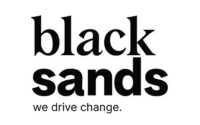
Black Sands
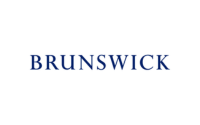
Brunswick
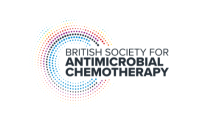
British Society of Antimicrobial Chemotherapy
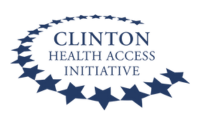
Clinton Health Access Initiative
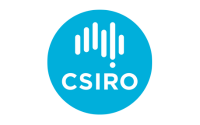
CSIRO
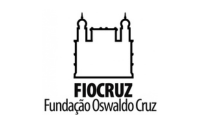
Fundação Oswaldo Cruz
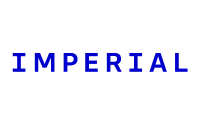
Imperial College London
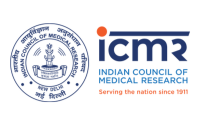
Indian Council of Medical Research
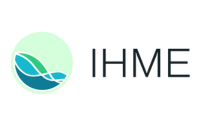
Institute for Health Metrics and Evaluation
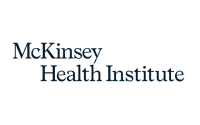
McKinsey Health Institute
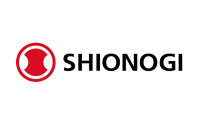
Shionogi & Co., Ltd.
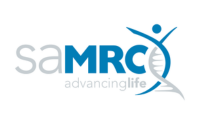
South African Medical Research Council

Tony Blair Institute for Global Change
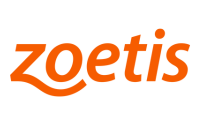
Zoetis

